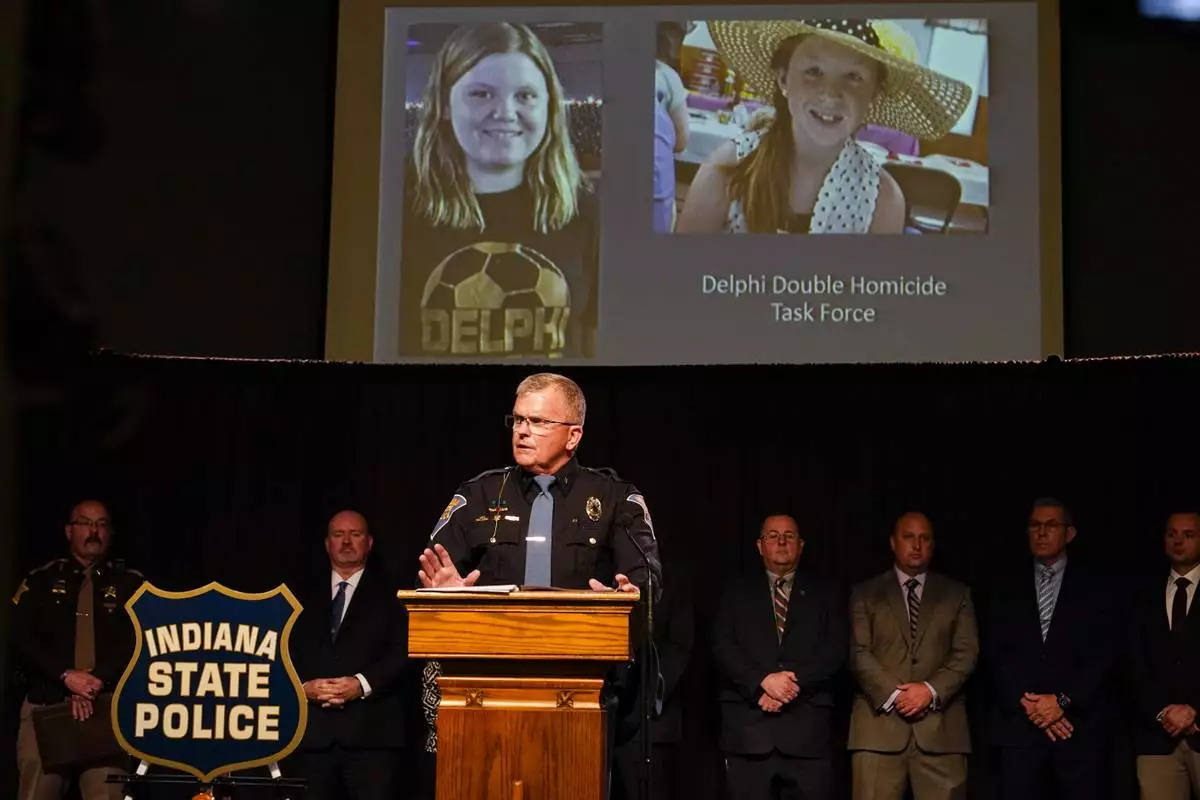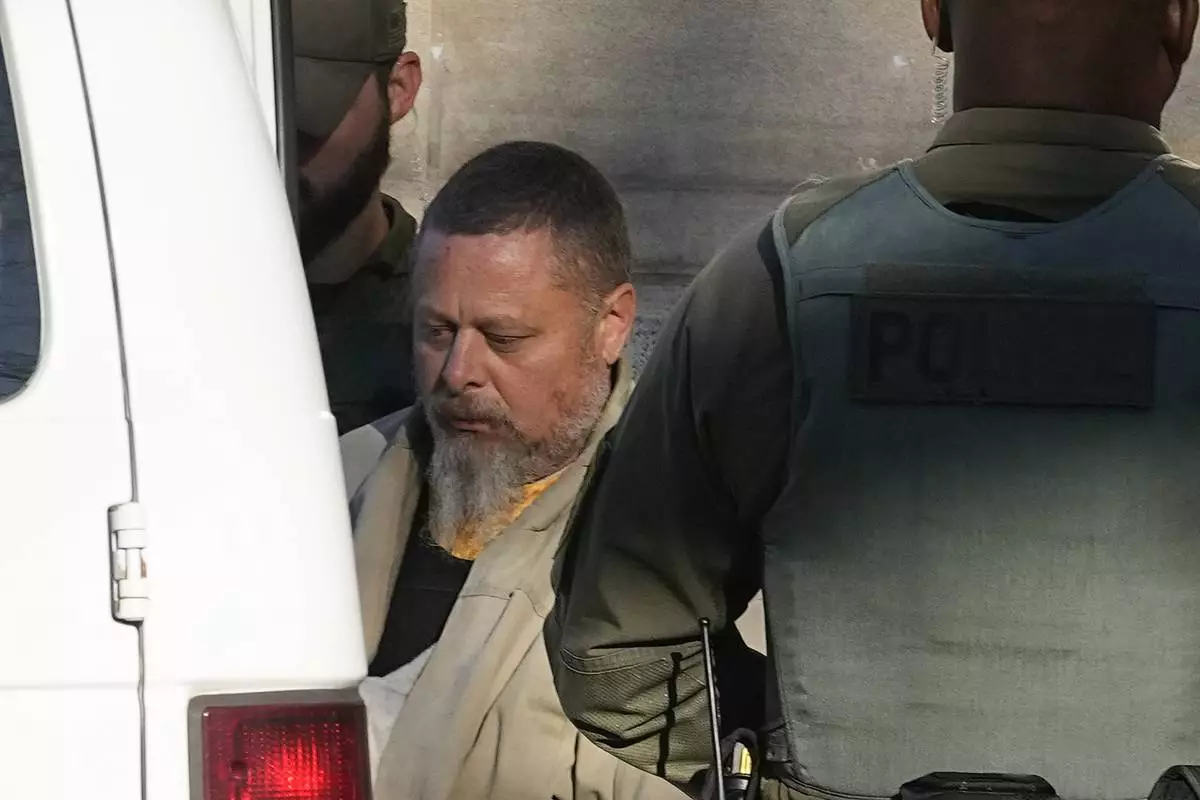KIGALI, Rwanda (AP) — The World Health Organization and the Rwandan government on Friday declared the outbreak in Rwanda of the Ebola-like Marburg fever over after no new cases were registered in recent weeks.
The country first declared the outbreak on Sept. 27 and reported a total of 15 deaths and 66 cases, with the majority of those affected healthcare workers who handled the first patients.
Without treatment, Marburg can be fatal in up to 88% of people who fall ill with the disease. Symptoms include fever, muscle pains, diarrhea, vomiting and, in some cases, death through extreme blood loss.
There is no authorized vaccine or treatment for Marburg, though Rwanda received hundreds of doses of a vaccine under trial in October.
An outbreak is considered over after 42 days — two 21-day incubation cycles of the virus — elapsed without registering new cases and all existing cases test negative.
Rwanda discharged the last Marburg patient on Nov. 8 and had reported no new confirmed cases since Oct. 30.
However, WHO officials and Rwanda's Health Minister Dr. Sabin Nzanzimana on Friday said risks remain and that people should stay vigilant.
“We believe it’s not completely over because we still face risks, especially from bats. We are continuing to build new strategies, form new health teams, and deploy advanced technologies to track their movements, understand their behavior, and monitor who is interacting with them,” the minister announced during a press conference in the capital, Kigali.
Like Ebola, the Marburg virus is believed to originate in fruit bats and spreads between people through close contact with the bodily fluids of infected individuals or with surfaces, such as contaminated bed sheets.
“I thank the government of Rwanda, its leadership and Rwandans in general for the strong response to achieve this success but the battle continues,” said the WHO representative in Rwanda, Dr. Brain Chirombo.
Marburg outbreaks and individual cases have in the past been recorded in Tanzania, Equatorial Guinea, Angola, Congo, Kenya, South Africa, Uganda and Ghana.
The virus was first identified in 1967 after it caused simultaneous outbreaks of disease in laboratories in the German city of Marburg and in Belgrade in the former Yugoslavia. Seven people died after being exposed to the virus while conducting research on monkeys.

FILE - In this Oct. 8, 2014 photo, a medical worker from the Infection Prevention and Control unit wearing full protective equipment carries a meal to an isolation tent housing a man being quarantined after coming into contact in Uganda with a carrier of the Marburg Virus, at the Kenyatta National Hospital in Nairobi, Kenya. (AP Photo/Ben Curtis, File)
DELPHI, Ind. (AP) — An Indiana man convicted in the 2017 killings of two teenage girls who vanished during a winter hike was sentenced to a maximum of 130 years in prison Friday in the case that’s long cast a shadow over the teens’ small hometown of Delphi.
A special judge sentenced Richard Allen during a hearing that began at 9 a.m. Allen, 52, was convicted on Nov. 11 in the killings of Abigail Williams, 13, and Liberty German, 14, known as Abby and Libby. A jury found him guilty of two counts of murder and two counts of murder while committing or attempting to commit kidnapping.
Allen was sentenced on two of the four murder counts by Allen County Superior Court Judge Fran Gull, who imposed the maximum of 65 years for each count, to be served consecutively. The sentencing hearing, which included victim impact statements from six relatives of the teens, lasted less than two hours and after it concluded one of Allen’s defense attorneys said they plan to appeal and seek a new trial.
“Thoughts and prayers to the families of the victims. What they went through was unimaginable,” defense attorney Jennifer Auger said. She added that the defense plans to give a more detailed statement later, “but today is not the day for that.”
Allen had faced between 45 years and 130 years in prison in the killings of the Delphi teens.
Allen also lived in Delphi and when he was arrested in October 2022, more than five years after the killings, he was employed as a pharmacy technician at a pharmacy only blocks from the county courthouse where he later stood trial. His weekslong trial came after repeated delays, a leak of evidence, the withdrawal of his public defenders and their reinstatement by the Indiana Supreme Court.
The case, which included tantalizing evidence, has long drawn outsized attention from true-crime enthusiasts. The teens were found dead in February 2017, their throats cut, one day after they vanished while hiking during a day off school.
Gull, the special judge who oversaw Allen's trial, came from northeastern Indiana’s Allen County, as did the jury.
The seven women and five men were sequestered throughout the trial, which began Oct. 18 in the Carroll County seat of Delphi, the girls’ hometown of about 3,000 residents some 60 miles (100 kilometers) northwest of Indianapolis.
Allen's trial came after repeated delays, a leak of evidence, the withdrawal of his public defenders and their reinstatement by the Indiana Supreme Court.
The case, which included tantalizing evidence, has long drawn outsized attention from true-crime enthusiasts.
A relative dropped the teens off at a hiking trail just outside Delphi on Feb. 13, 2017. The eighth graders didn't arrive at the agreed pickup location and were reported missing that evening. Their bodies were found the next day with their throats cut in a wooded area near an abandoned railroad trestle they had crossed.
In his closing arguments, Carroll County Prosecutor Nicholas McLeland told jurors that Allen, armed with a gun, forced the youths off the hiking trail and had planned to rape them before a passing van made him change his plans and he cut their throats. McLeland said an unspent bullet found between the teens’ bodies “had been cycled through” Allen’s .40-caliber Sig Sauer handgun.
An Indiana State Police firearms expert told the jury her analysis tied the round to Allen’s handgun.
McLeland said Allen was the man seen following the teens across the Monon High Bridge in a grainy cellphone video German had recorded. And he said it was Allen’s voice that could be heard on that video telling the teens, “ Down the hill ″ after they crossed the bridge.
“Richard Allen is Bridge Guy,” McLeland told jurors. “He kidnapped them and later murdered them.”
McLeland also noted that Allen had repeatedly confessed to the killings — in person, on the phone and in writing. In one of the recordings he replayed for the jury, Allen could be heard telling his wife, “I did it. I killed Abby and Libby.”
Allen’s defense argued that his confessions were unreliable because he was facing a severe mental health crisis while under the pressure and stress of being locked up in isolation, watched 24 hours a day and taunted by people incarcerated with him. A psychiatrist called by the defense testified that months in solitary confinement could make a person delirious and psychotic.
Defense attorney Bradley Rozzi said in his closing arguments that Allen was innocent. He said no witness explicitly identified Allen as the man seen on the hiking trail or the bridge the afternoon the girls went missing. He also said no fingerprint, DNA or forensic evidence links Allen to the murder scene.
Allen’s lawyers had sought to argue during the trial that the girls were killed in a ritual sacrifice by members of a white nationalist group known as the Odinists who follow a pagan Norse religion. The judge, however, ruled against that, saying the defense “failed to produce admissible evidence” of such a connection.

FILE - Indiana State Police Superintendent Doug Carter announces the arrest of Richard Allen for the murders of two teenage girls killed in 2017, during a news conference in Delphi, Ind., Oct. 31, 2022. (AP Photo/Michael Conroy, File)

FILE - Officers escort Richard Allen out of the Carroll County Courthouse following a hearing, Nov. 22, 2022, in Delphi, Ind. (AP Photo/Darron Cummings, File)












